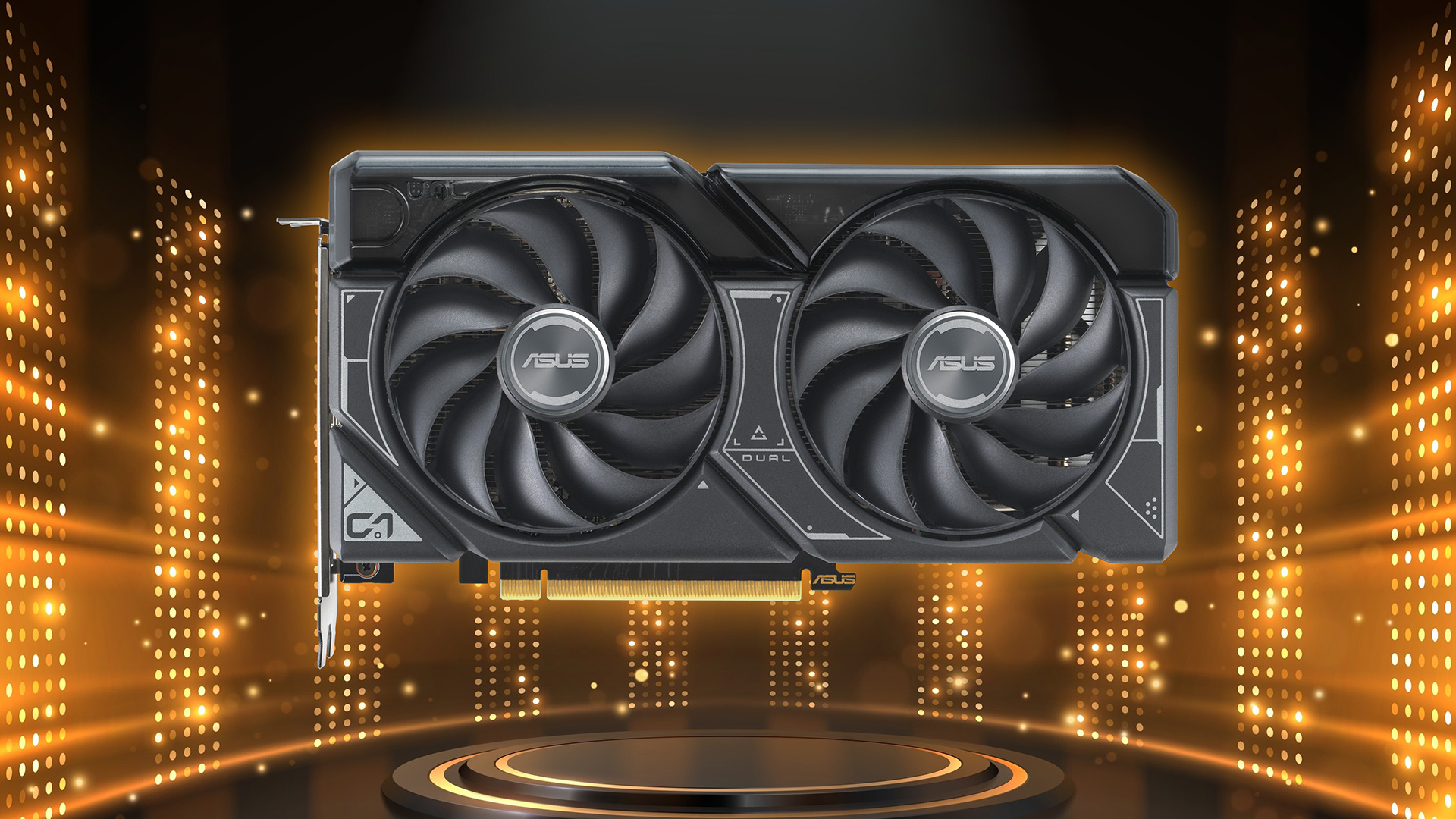US government extends tariff exemption on graphics cards and motherboards for another year
Key PC components are not going to get more expensive.

The U.S. government has extended the tariff exemptions on graphics cards, motherboards, and even SSDs imported from China for another year, now lasting until May 31, 2025, reports PCMag citing representatives from the U.S. Trade Representative and a new document. This extension contradicts previous indications that Trump-era tariffs on these components would be reinstated.
In 2018, the U.S. government under former president Donald Trump imposed a 25% tariff on certain products made in China. This included graphics cards, motherboards, SSDs, and other products that rely on printed circuit boards. The Trump administration then suspended tariffs on products such as 'graphics processing modules' and 'unfinished logic boards' in September 2019 till January 2021. The Biden administration did not remove the import rule altogether, but continued to temporarily suspend it using a temporary exclusion process.
As a result, when the U.S. Trade Representative (USTR) initially suggested that tariffs would continue, it said nothing new as the Biden administration did not charge the law itself, just suspended it for a while for select items using exemptions. Therefore, a closer examination revealed that the administration is re-enabling these exemptions to support efforts to find alternative sources outside of China, where availability remains limited.
"Based on evaluation of the factors set out in the December 29 notice, and pursuant to sections 301(b), 301(c), and 307(a) of the Trade Act of 1974, as amended, the U.S. Trade Representative has determined to further modify the action to extend the exclusions listed in Annex C to this notice through May 31, 2025," a statement by the U.S. government reads. "The U.S. Trade Representative has found that extending these exclusions will support efforts to shift sourcing out of China, or provide additional time where, despite efforts to source products from alternative sources, availability of the product outside of China remains limited."
ASRock confirmed that the exclusion has been imposed in a conversation with PCMag, emphasizing its importance for its business. The decision is also advantageous for consumers and PC vendors. In fact, numerous companies reportedly tried to lobby for these exemptions due to scarcity of electronics manufacturing outside China. The Biden administration initially lifted tariffs on these components in 2022 through a temporary exclusion process, which has now been extended.
Other products, such as air fryers, certain video cameras, and specific bicycle models, will continue to face Trump-era tariffs. Additionally, the administration has increased import fees on Chinese steel, aluminum, semiconductors, electric vehicles, EV batteries, and solar panels.
Get Tom's Hardware's best news and in-depth reviews, straight to your inbox.

Anton Shilov is a contributing writer at Tom’s Hardware. Over the past couple of decades, he has covered everything from CPUs and GPUs to supercomputers and from modern process technologies and latest fab tools to high-tech industry trends.
-
bit_user Article is currently titled U.S. Government extends tariff on graphics cards and motherboards for another year. What's meant is "tariff exemptions", as made clear by the first sentence of the article.Reply
Thanks for the correction. -
bit_user Increasing tariffs would feed inflation, which they're currently trying to fight. I wonder if that's a key consideration.Reply -
peachpuff Reply
Anton had a hangover it seems.bit_user said:Article is currently titled U.S. Government extends tariff on graphics cards and motherboards for another year. What's meant is "tariff exemptions", as made clear by the first sentence of the article.
@JarredWaltonGPU -
garrett040 Reply
The only thing that feeds inflation is an increase in the supply of money.bit_user said:Increasing tariffs would feed inflation, which they're currently trying to fight. I wonder if that's a key consideration. -
bit_user Reply
That's incorrect.garrett040 said:The only thing that feeds inflation is an increase in the supply of money. -
helper800 Reply
Here is how inflation actually works. Read it...garrett040 said:The only thing that feeds inflation is an increase in the supply of money. -
thisisaname Reply
Or things being more expensive.garrett040 said:The only thing that feeds inflation is an increase in the supply of money. -
williamcll Considering EVGA, one of the few (if not only) non-chinese AIB manufacturer only gave up a few years ago I don't see anything that's convincing other board partners to set up shop in the US. Subsidizing is a no-go because that takes a bite out of the government budget and if you try to force them you risk losing votes.Reply -
bit_user Reply
FWIW, I'm sure the tariffs don't apply to Taiwan. Also, what probably matters is where the board is made, rather than where the manufacturer is based.williamcll said:Considering EVGA, one of the few (if not only) non-chinese AIB manufacturer only gave up a few years ago
The tariffs specifically target China, rather than non-US. That's why a lot of factories have migrated to Vietnam.williamcll said:I don't see anything that's convincing other board partners to set up shop in the US.
The US government already has plenty of subsidies for industries like agriculture, fossil fuels, and semiconductors (recently).williamcll said:Subsidizing is a no-go because that takes a bite out of the government budget and if you try to force them you risk losing votes. -
williamcll Reply
The subsidies won't work if they don't actually lower the consumer price. People won't buy the more expensive product when it gets dragged down to the same quality as cheaply made ones due to planned obsolesce.bit_user said:The US government already has plenty of subsidies for industries like agriculture, fossil fuels, and semiconductors (recently).
FWIW, I'm sure the tariffs don't apply to Taiwan. Also, what probably matters is where the board is made, rather than where the manufacturer is based.
I recall Gigabyte, which claims itself as being non-mainland built is also affected.